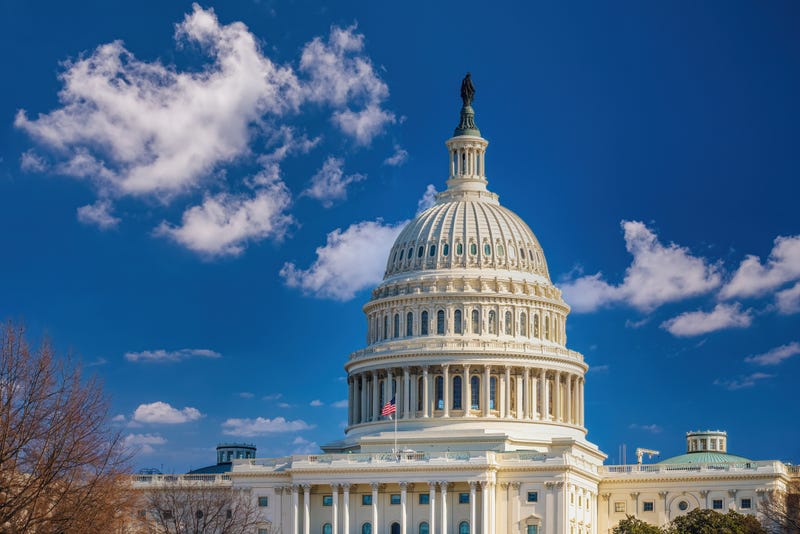
A new poll has found that Republican primary voters consider their top concern to be fighting their political opponents on cultural issues, which pushed issues like Social Security and supporting Ukraine to the backseat.
The poll comes from The American Principles Project, which found that GOP voters were more likely to support a candidate who takes a hard stand on cultural issues related to transgender surgeries on minors and public schools instead of establishment issues like Social Security or immigration reform.
According to the poll, 93% of Republican primary voters said they would be more likely to support a candidate who supports parents knowing what their children are taught in school; 86% would be more likely to support those who want to require age verifications to view porn online; and 76% were more likely to back those who want to ban transgender procedures for minors.
All three platforms saw respondents more likely to support candidates than those who want to reform Social Security and Medicare (64%), reform the immigration system (59%), and provide military support for Ukraine (47%).
The poll noted that those surveyed identified as moderates, somewhat conservative, and very conservative Republicans. Depending on where respondents lined up politically played a part in where they put their support.
Support for Ukraine remained the one topic that conservatives seemed most split on, as the poll found that moderate Republicans were 63% more likely to support a Ukraine-backing candidate. Meanwhile 55% of very conservative voters were less likely to support the same candidate.
For the middle group, 49% of somewhat conservatives were more likely, and 49% were less likely to support those who want to provide aid to Ukraine.
Overall, moderates were more likely to support candidates looking to tackle establishment issues (61%), while more conservative voters have their eyes locked on candidates taking on cultural issues (63%).
The poll noted that moderate Republicans make up 13% of the GOP primary electorate, somewhat conservatives account for 36%, and very conservative voters are 47%.
The poll was conducted from Jan. 30 to Feb. 5 and included responses from 1,000 likely GOP primary voters. The margin of error is plus or minus 3.5 points.


